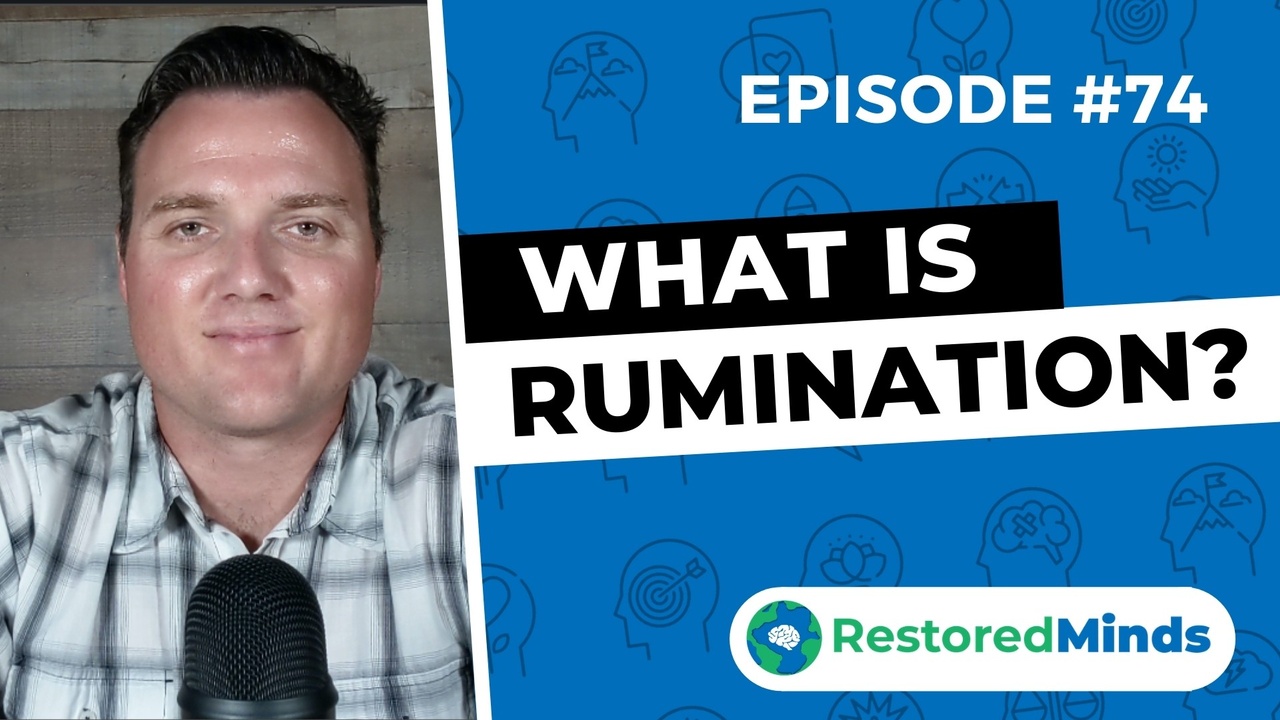What is Rumination?
Mar 02, 2021
Understanding Rumination: A Behavioral Approach to Anxiety
What is Rumination?
When discussing mental health, especially conditions like OCD and anxiety, taking mental compulsions into account is crucial. One such mental compulsion is rumination. But what exactly is rumination?
Definition and Origin
Rumination is the behavior of continuously mulling over a thought. This endless cycle of chewed-up thoughts not only amplifies anxiety but also prevents one from moving forward. The term "ruminate" originally comes from the eating habits of cows. Cows have multiple stomachs and chew, swallow, regurgitate, and chew their food again. Metaphorically speaking, when you ruminate, you're chewing on your thoughts much like cows chew on their cud.
Why Rumination Fuels Anxiety
People often believe that overthinking a problem will eventually lead to a solution. This couldn't be farther from the truth, especially when dealing with anxiety. Rumination actually fuels the worry, making the thought even more alarming and perpetuating a vicious cycle of anxiety.
The Cycle of Rumination
-
Triggering Thought
: An initial anxious thought arises.
-
Overthinking
: You start mulling over this thought in hopes of finding a solution.
-
Increased Anxiety
: The more you think, the more anxious you become.
-
Further Rumination
: You believe that the solution is just another thought away, so you continue the cycle.
How to Break the Cycle of Rumination
Rumination is a behavior, and like any behavior, it can be changed. Here are some effective strategies to stop ruminating:
Awareness
The first step to overcoming rumination is to recognize that you are doing it. This might sound simple, but it's often the hardest part.
-
Check-In with Yourself
: Periodically throughout the day, take a moment to ask, "Am I ruminating right now?"
Grounding Techniques
Once you notice that you're ruminating, the next step is to ground yourself in the present moment. Here are some mindfulness exercises to consider:
-
Deep Breathing
: Take several deep breaths and focus on the sensation of breathing.
-
Sensory Awareness
: Engage your senses by noting what you can see, hear, smell, touch, and taste around you.
Return to the Present
As you practice grounding techniques, gently steer your mind away from the loop of rumination back to the present. This shift can help alleviate the power of the thought you're stuck on.
Practical Tips on Managing Rumination
Consistent Practice
-
Daily Mindfulness
: Make mindfulness a part of your daily routine. Even five minutes a day can make a significant difference.
-
Journaling
: Write down your thoughts. Sometimes putting pen to paper can help externalize and minimize the thoughts that are causing you anxiety.
Seeking Professional Help
If you find it exceedingly difficult to break the cycle of rumination, consider seeking help from a mental health professional. Therapies like Cognitive Behavioral Therapy (CBT) are specifically designed to tackle behaviors like rumination.
Conclusion
Understanding that rumination is a behavior you can control is the first step toward reclaiming your mental peace. Once you become aware of it and implement grounding techniques, you can start to manage your anxiety more effectively.


